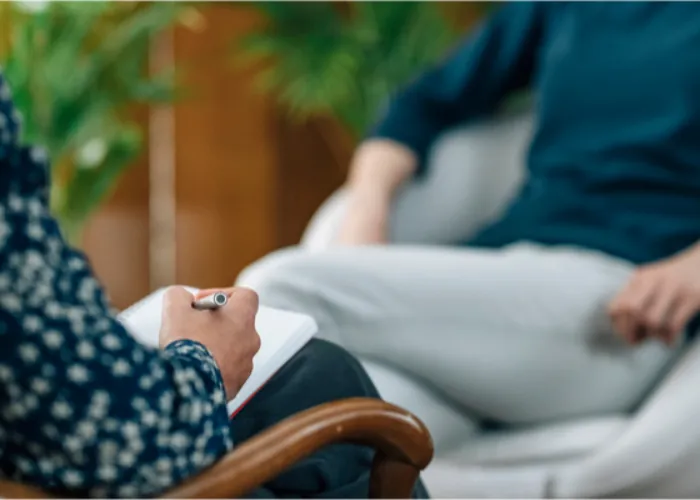One in four girls and one in ten boys are sexually abused before they turn 18.
Information
Sexual abuse of children is any activity that the abuser does to get sexually aroused, including:
- Touching a child's genitals
- Rubbing the abuser's genitals against a child's skin or clothing
- Putting objects into a child's anus or vagina
- Tongue kissing
- Oral sex
- Intercourse
Sexual abuse can also happen without physical contact, such as:
- Exposing one's own genitals
- Having a child pose for pornography
- Having a child look at pornography
- Masturbating in front of a child
Signs of Sexual Abuse in Children
Suspect sexual abuse when children:
- Tell you that they are being sexually abused
- Have trouble sitting or standing
- Won't change for gym
- Have sexually transmitted diseases or become pregnant
- Know about and talk about sex
- Run away
- Have adults in their lives that keep them from having contact with other adults
- Keep to themselves and seem to have secrets
Sexually abused children might have:
- Bowel control problems, such as soiling themselves (encopresis)
- Eating disorders (anorexia nervosa)
- Genital or rectal problems, such as pain when going to the bathroom, or vaginal itch or discharge
- Headaches
- Sleep problems
- Stomach aches
Sexually abused children may also:
- Use alcohol or drugs
- Engage in high-risk sexual behaviors
- Get poor grades in school
- Have a lot of fears
- Not want to do their normal activities
When to Contact Your Doctor
If you think a child has been sexually abused, get the child examined by a health care provider.
- Find a provider that knows about sexual abuse. Most pediatricians, family medicine providers, and emergency room providers have been trained to examine people that have been sexually abused.
- Have the child examined right away or within 2 to 3 days of discovering the abuse. The signs of sexual abuse don't last long, and the provider may not be able to tell if you wait too long.
During the exam, the provider will:
- Look for signs of physical and sexual abuse. The provider will check the child's mouth, throat, anus, and penis or vagina.
- Do blood tests to check for sexually transmitted diseases and pregnancy.
- Take photographs of any injuries, if needed.
Treatment
Get the child any needed medical care. Also get mental health counseling for the child. Active support groups that can help include:
- Childhelp --childhelp.org
- Rape, Abuse & Incest National Network --rainn.org
Know that providers, teachers, and child care workers are required by law to report sexual abuse. If abuse is suspected, child protection agencies and the police will investigate. The child must be protected from abuse. The child may be placed with a non-abusing parent, another relative, or in a foster home. Exult Healthcare has trained child therapist to address this issue. To schedule a free screening call 469 714-0006 or email info@exulthealthcare.com


